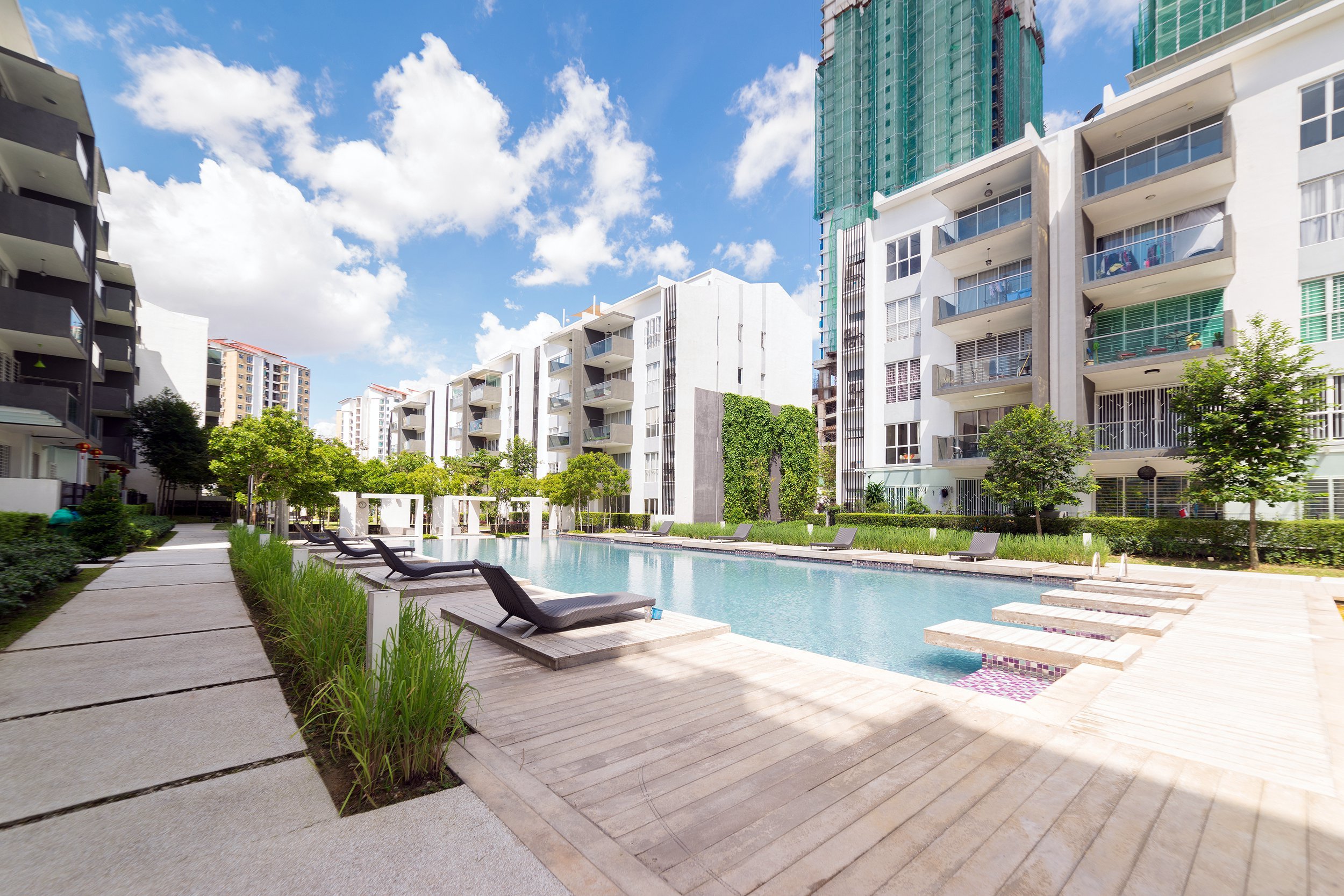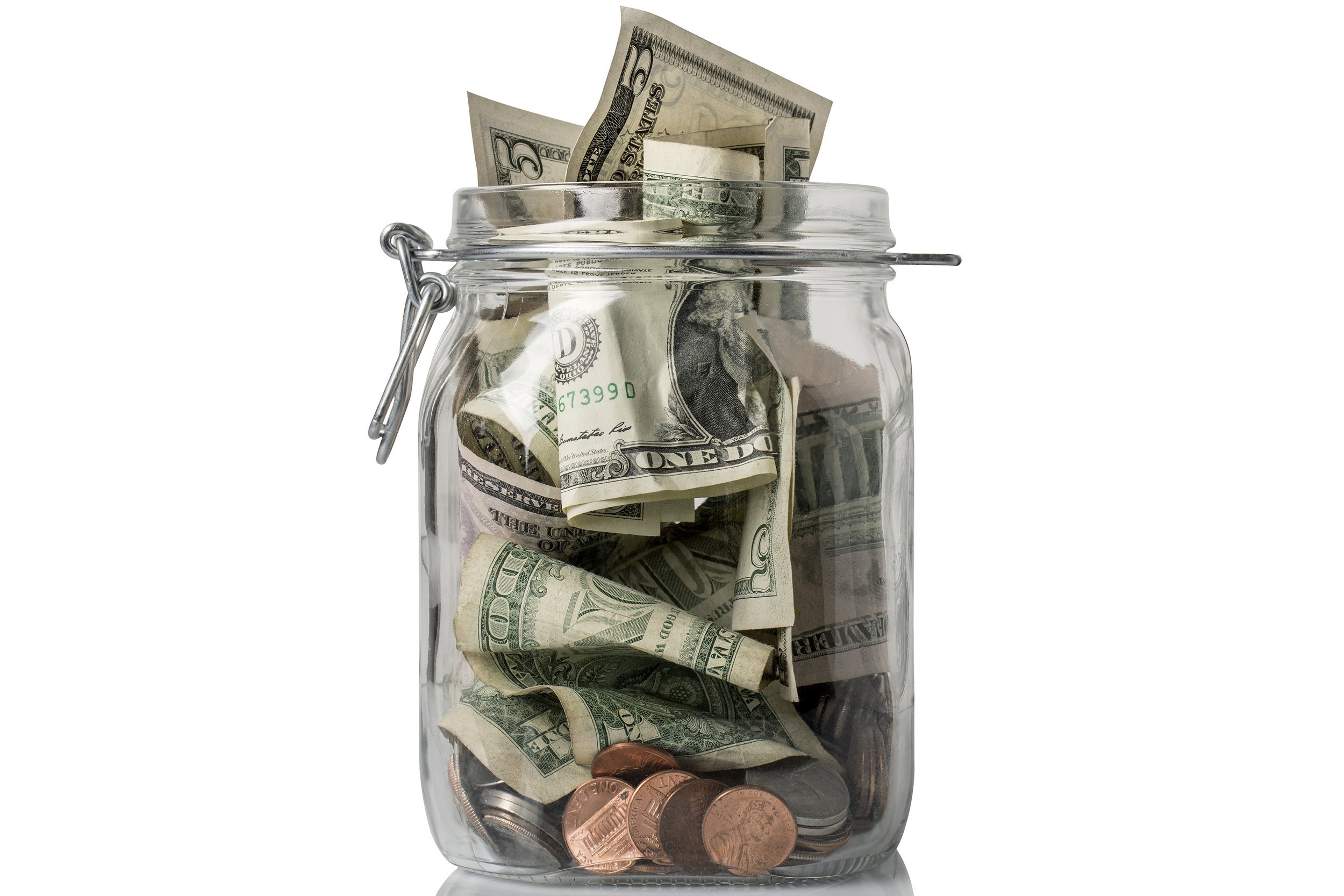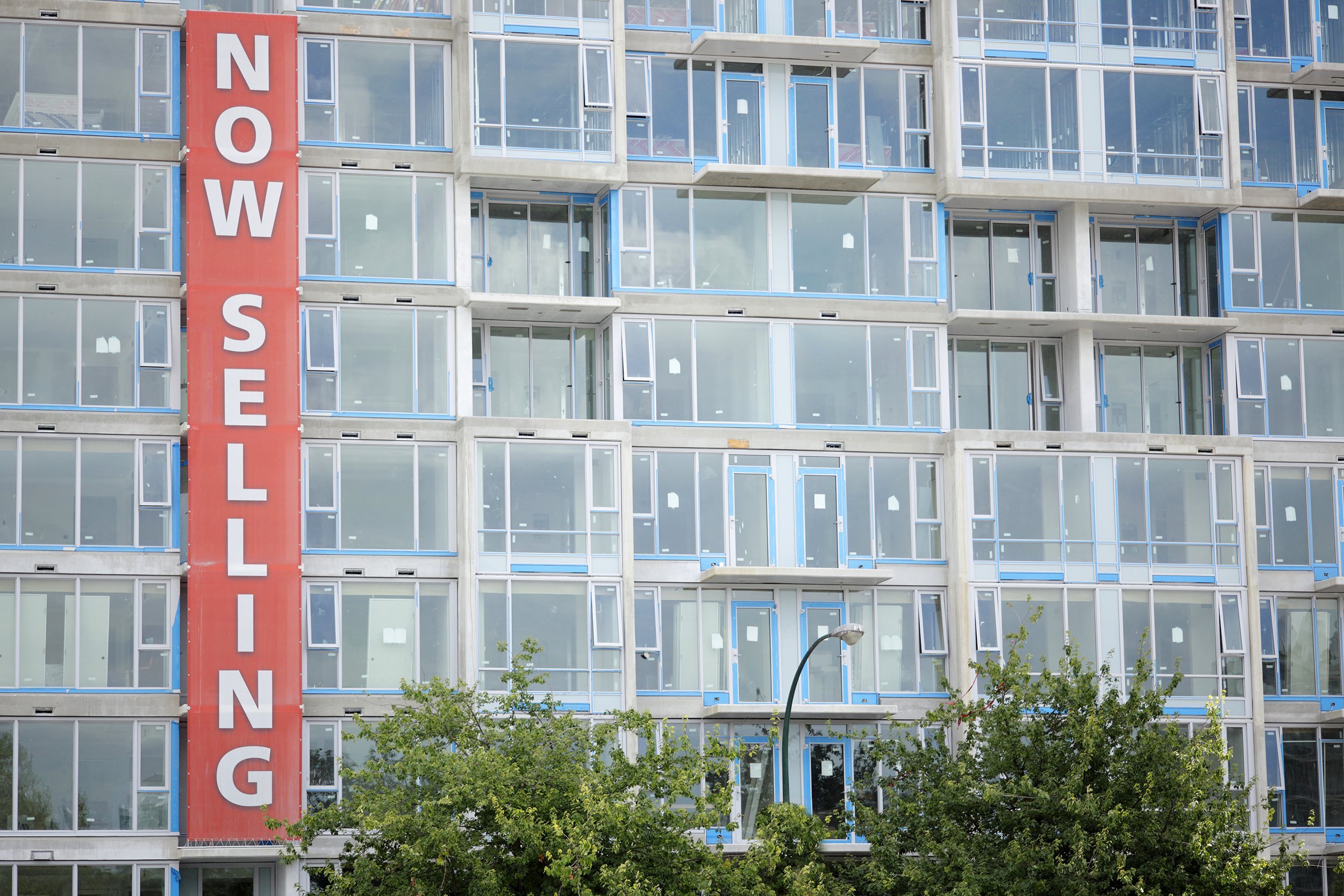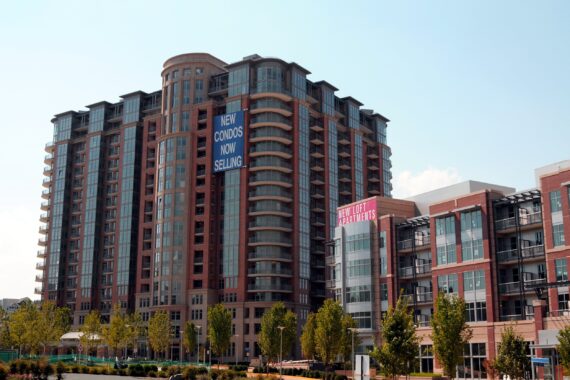Buying a condo, which is a bit different than buying a house, can be intimidating. But if you’re armed with knowledge about the risks and rewards of purchasing one and what the market looks like right now, it doesn’t have to be scary. There are a few things you should know before you make the leap from renting to buying property, and deciding whether to purchase a condo over a house. To help you make your decision, these real estate experts have some noteworthy advice on what to expect, from condo association fees, to meetings, and reserve funds.
Know What’s Available

Condo sales make up just a small fraction of the number of home sales in general. Of the 5.5 million existing homes that the National Association of Realtors (NAR) says were sold in 2017, just 610,000 were condos. However, homebuyers are increasingly looking towards buying condos. In 2017, there were 1.7 percent more condos sold than in 2016.
Understand the Costs

It seems that condo prices are increasing, as the average price of one in December 2017 was $236,500, which was 6.4 percent higher than it was a year earlier, according to NAR. While the price of a condo isn’t all that much lower than the $246,800 average price of all existing homes, they’re still viewed as a more affordable option for renters seeking to buy.
Know What’s Available in the Market

With just 1.48 million existing homes of any kind on the market at the end of 2017 — a 3.2-month supply far less than the six-month supply considered average — just about every home is getting less affordable for the first-time buyers who make up 32 percent of the market.
Be Prepared for What’s to Come in 2018

“Rising wages and the expanding economy should lay the foundation for 2018 being the turning point towards an uptick in sales to first-time buyers,” says Lawrence Yun, NAR’s chief economist says on the company website. “However, if inventory conditions fail to improve, higher mortgage rates and prices will further eat into affordability and prevent many renters from becoming homeowners.”
Learn About The Perks

Often, the decision between a condo and another type of single-family home comes down to value. On a positive note, Thomas M. Skiba, chief executive officer of the Community Associations Institute, an organization that provides resources to homeowners who run community associations, says that condo communities offer services and amenities that most Americans cannot afford on their own, including swimming pools, tennis courts, playgrounds, lakes or ponds, professional security, and golf courses.
Trending on Cheapism
Review the Condo Association Rules

However, Skiba cautions potential buyers to get their hands on copies of the condo association’s governing documents, including the Covenants, Conditions & Restrictions (CC&Rs). These are the rules that owners are going to have to live with, and they typically dictate things like monthly dues, architectural guidelines (like adding decks and paint colors), landscaping, maintenance, parking, and pets. It’s up to the buyer to read and comply with these documents, which means maintaining property, voting in elections, paying dues on time, and making sure you play by the rules without giving the association leaders any grief.
Participate in Association Meetings and Committees

If you aren’t so sure that the current leaders are acting in your best interest, Skiba suggests attending board meetings, serving on committees, or even seeking a seat on the condo board.
“There is usually a correlation between the level of homeowner involvement and the long-term success of a community,” Skiba says. “Being a well-informed homeowner ultimately helps manage expectations.”
Anticipate Extra Fees

Yes, you’ll have to pay a monthly condo association fee on top of the selling price of your home, but paying this doesn’t necessarily mean that you are done shoveling snow for the rest of your life. While typical condo associations provide services such as trash collection, snow removal, and maintenance of common areas, not all of them offer the same services.
Ask the condo association what your fees cover, how much it has in reserve to cover major projects, how many times it has levied “special assessments” on owners to cover emergency costs, and how often the reserve fund has been updated.
Sign up for our newsletter
Find Out What’s in the Reserve Fund

If the condo association does not have a reserve fund or that fund hasn’t been updated, those are costs you’ll have to bear later. Meanwhile, most mortgage lenders will shy away from associations that don’t set aside at least 10 percent of their fees for reserves — and may ask the condo board for a fidelity bond as a fallback option even if there is a reserve in place.
“Old buildings are old buildings,” Skiba says. “A snappy, refurbished lobby does not necessarily mean that the heating system, elevators, and roof aren’t due for expensive overhauls.”
Be Aware of the Issues With New Condos

Even new condos have their pitfalls. Kevin Graham, who runs the Zing! blog for Quicken Loans, notes that Fannie Mae, Freddie Mac, and the Federal Housing Administration require your condo to be 100 percent complete before they’ll issue you a home loan. They also demand that a new building be 90 percent sold out before signing off on a conventional mortgage.
Check If Your Home Can Be an Investment Property

To secure a mortgage, Graham says 50 percent of properties in your condo association have to be either primary residences or second homes. If you’re looking at your condo as an investment opportunity and want some rental income, you’ll have to look into the condo association’s balance of resident-owners to investors. Meanwhile, if you’re allowed to rent out a condo, don’t leave your condo association and renter in the dark about what each party expects of one another.
“It’s essential that owners provide names and contact information for renters so the association can communicate with renters as they do owners,” Skiba says. “Furthermore, it is imperative that owners inform renters about the nature of association living — the need to follow rules, for example.”
Ask Yourself These Questions

NAR suggests looking into all of the above, but says there are a handful of other questions that a potential condo buyer should ask before making a deal. How high is the turnover rate? Is there just one condo association, or several under one umbrella group? Is the condo currently being sued, and will the reserve be needed to pay legal fees? As Skiba notes, it’s far too late to do anything about those questions once you actually own a condo.
“With all inherent advantages, community associations occasionally face complicated issues, none more common than the challenge of balancing the best interests of the community as a whole with the preferences of individual residents,” Skiba says. “Issues often arise because of unrealistic expectations, misinformation, and misunderstanding.”






